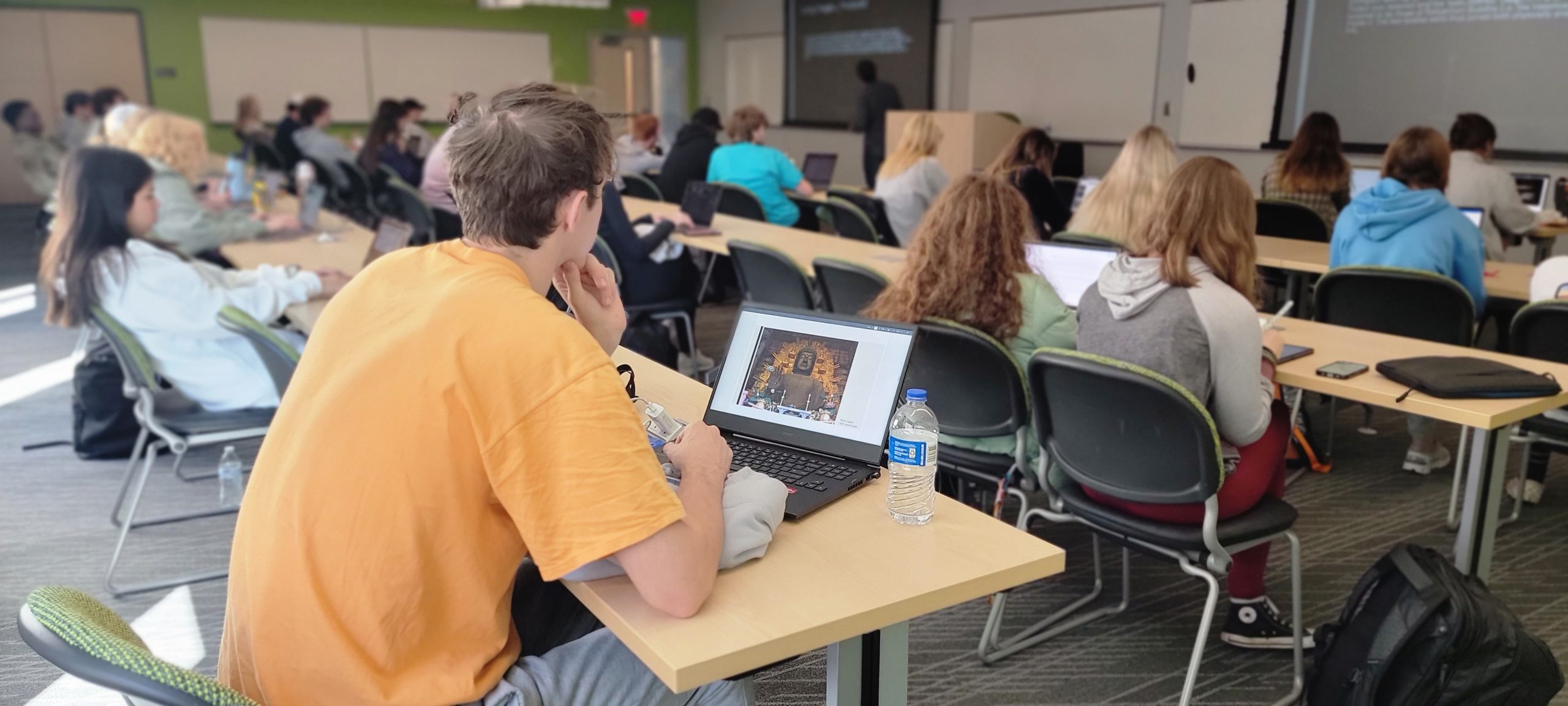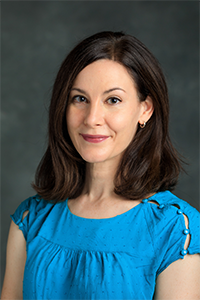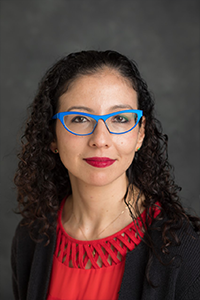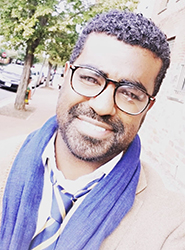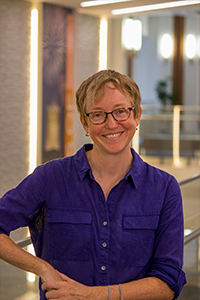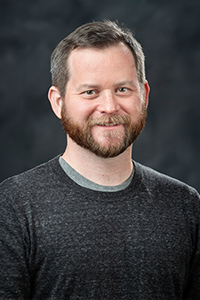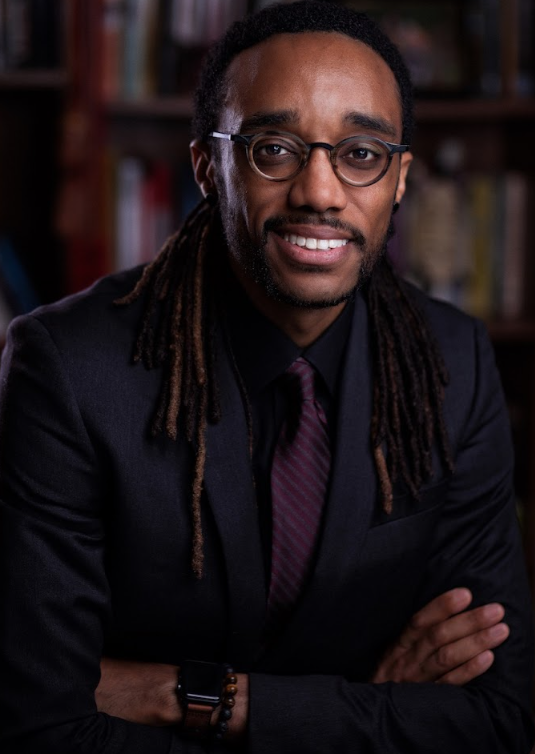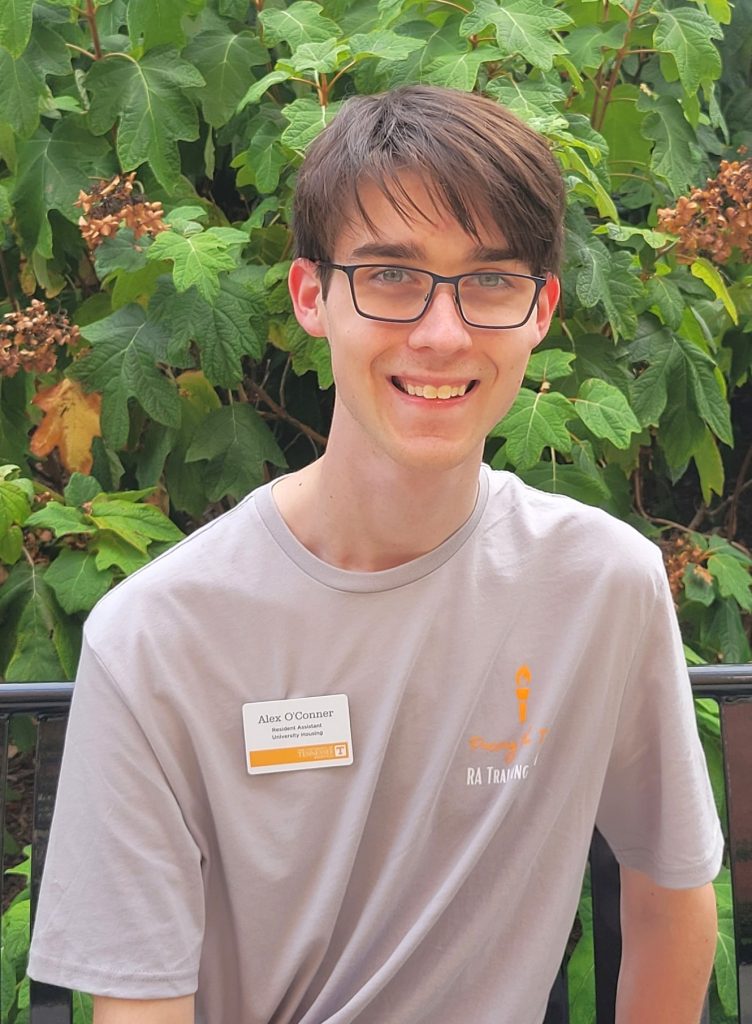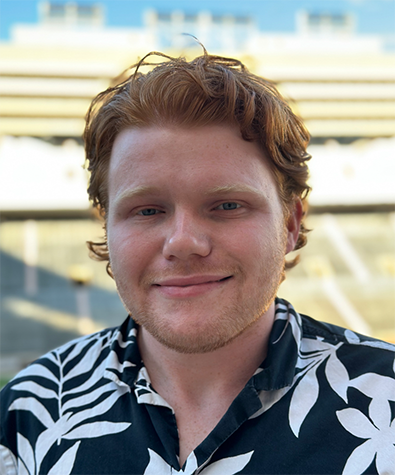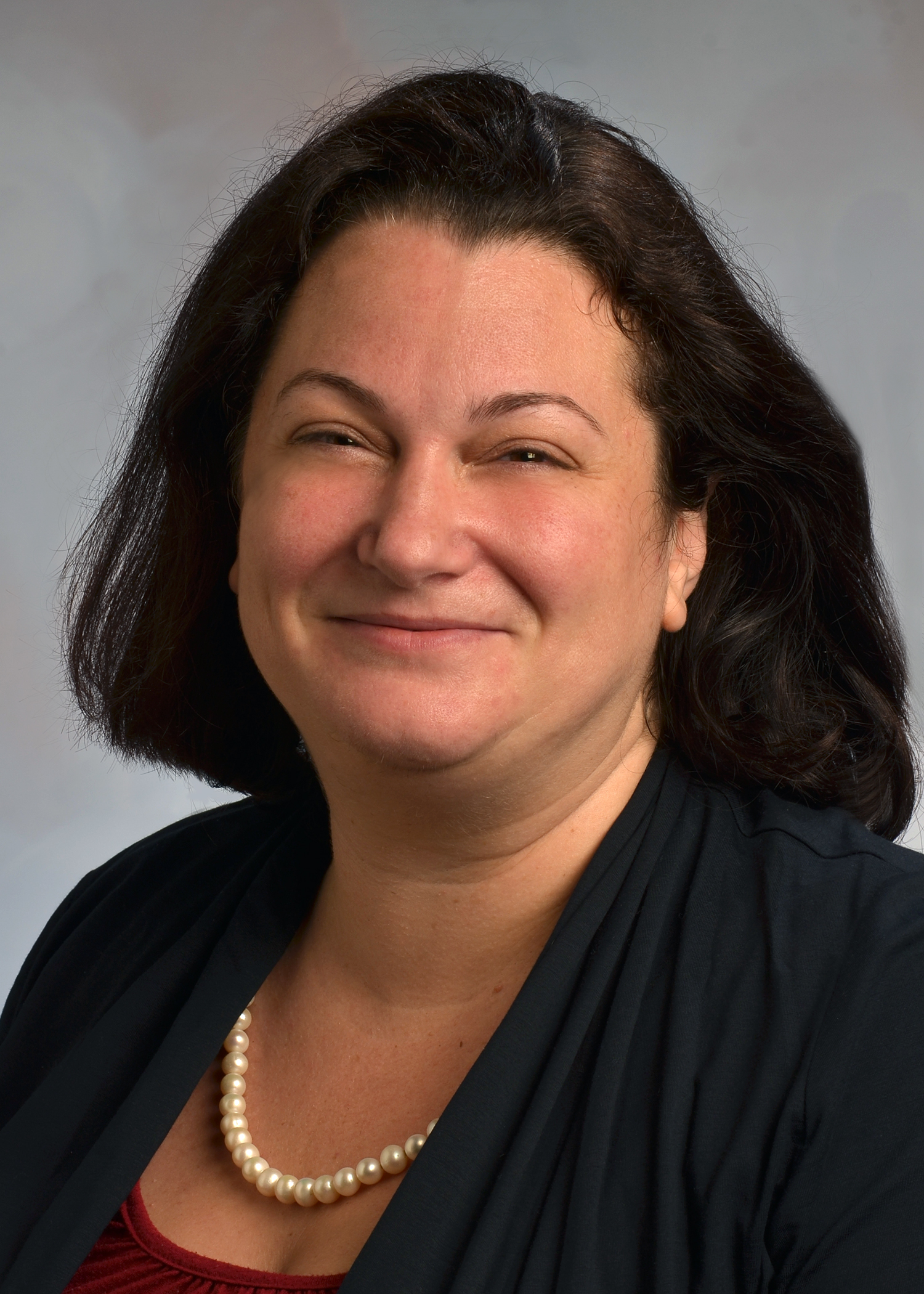Community Engaged Research
Did you know that the Department of Religious Studies’ research and activities is not limited to theoretical academic work?
Many of our faculty and students engage in research projects that directly address the needs and concerns of a specific community group. These projects are often designed with community feedback, implemented with community advice, and then disseminated in a way that addresses the needs of the community.
In May 2023, Professor Joseph Witt organized and hosted a small workshop for community-engaged educators and researchers on UT’s campus. Community-engaged research addresses needs in the community and does not approach communities as simply research subjects, but engages community members as research partners.
This workshop, organized with assistance from Amanda Nichols [U.C. Santa Barbara] and Jeremy Sorgen [U.C. Berkeley], brought 10 scholars from across the U.S. to Knoxville to meet and discuss future community-engaged and public-facing pedagogy projects.
In addition to scholars from around campus to learn about projects and resources at UT, workshop attendees met with a small group of religious studies undergraduate majors to learn more about the students’ interests with community-engagement to better address their needs through the classroom.
On the second day, workshop participants built upon what they had learned on the first day to shape new research projects on community-engagement. One result was the formation of a “Community-Engaged Research Collective” that is currently developing a long-term, multi-institution study of the effectiveness of religious studies and community-engaged pedagogy to address climate anxiety and civic engagement among undergraduate students. This research project is currently part of the Office of Teaching and Learning Innovation’s “Scholarship of Teaching and Learning Incubator” program and will begin formal data collection in 2024.
On the final day, participants learned more about community-engagement from the perspective of community partners. In all, the workshop served as an opportunity to design new collaborative research projects and should help to advance community-engaged pedagogy in the Department of Religious Studies and across UT’s campus. This workshop was funded by an ORIED SARIF award with contributions from the Department of Religious Studies, the College of Arts and Sciences, and the UT Humanities Center, and with additional support from the Office of Community Engagement and Outreach.
